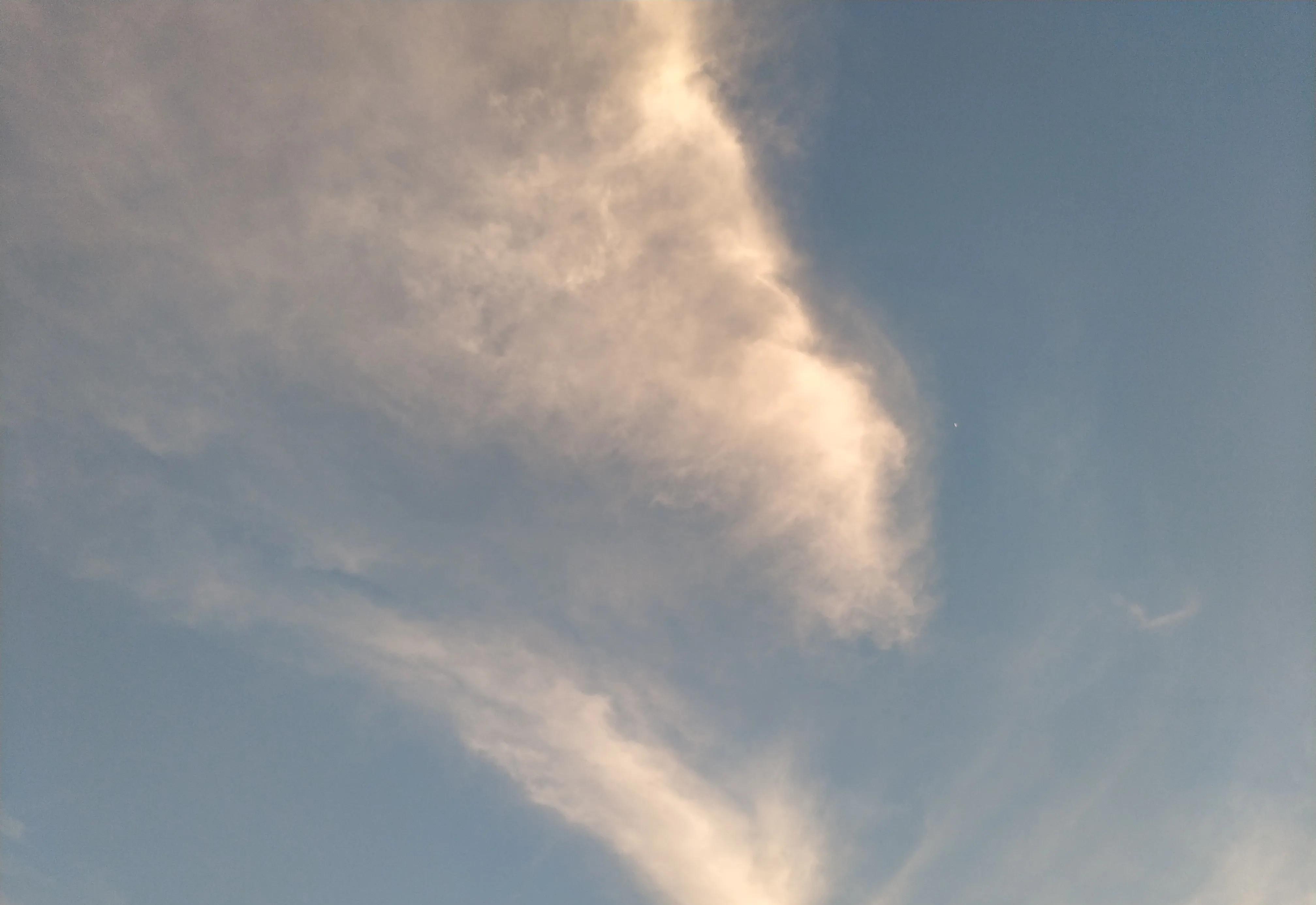In China's ancient folklore, whenever there is a solar eclipse or a lunar eclipse, it is the tengu that wants to swallow the sun and the moon, and if the sun and moon are lost, the human world will lose the light.
Fortunately, Tengu is most afraid of gongs, drums and firecrackers. So people beat gongs and drums and set off firecrackers to achieve the purpose of expelling tengu and rescuing the sun and moon. This is the story we are familiar with "tengu eats the sun" and "tengu swallows the moon".
In Japanese myths and legends, there is also the role of "tengu". Tengu has a tall, long red nose and red face, holds a tuan fan, lupine fan or gavel, is tall, has a pair of wings that can soar freely, and can be invisible at any time. In Japanese legend, it usually appears in the form of a good god, which is very different from the tengu in the legend of our country.
The book I bring to you today tells the story related to Japanese yokai - "The Story of Japanese Yokai".
The author of this book, Wang Xinxi, devotes himself to the study of Japanese culture. He is also a columnist for magazines such as Fantasy World and Fantasy Edition of Legends of Modern Antiquity. Books that have been published include "Strange Talk", "Japanese Monsters and Strange Tan", "Chinese Mythology" and so on.
The Tale of Japanese Yokai was published in 2013 by Sanlian Bookstore in Hong Kong. The book is a series of independent short stories, in chronological order, about the origin of Japanese mythology, strange stories, types and characteristics of monsters, etc. The author uses a light brush and a clever description combined with a meticulous and thick ink description to truly portray those beautiful ghosts on the paper. The "demon" that was originally refuted and complicated was erected from between the lines and returned to its original appearance.
Under the snow-capped Mt. Fuji, from the raging Seto Inland Sea, from the lush and lush Chiba Forest, I walked out of the Snow Maiden, the Sea Lord, the Mountain Boy, the Tengu... Hundreds of ghosts travel at night, groups of demons compete, what is the origin of these many Japanese yokai? And what are the legends that tie the heartstrings?
Monsters are not terrible, as long as we have good intentions and do good deeds every day, we are not afraid of monsters knocking on the door. Let's follow in the author's footsteps and share this carnival of Japanese weirdness!
